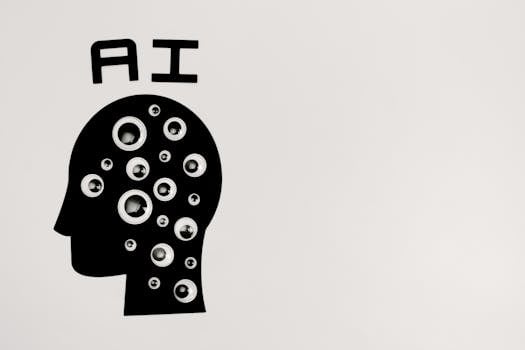
🔄 CI/CD Essentials: Automate, Integrate, and Deliver with Confidence
🧾 Course Description
Continuous Integration (CI) and Continuous Delivery/Deployment (CD) are the backbone of modern DevOps workflows, enabling teams to deliver software faster, safer, and more reliably. In “CI/CD Essentials”, you’ll learn the core principles, tools, and real-world workflows that drive automation across the development pipeline.
This vendor-neutral course focuses on concepts, best practices, and architecture — using examples from Git, Jenkins, GitHub Actions, Docker, and Kubernetes. Perfect for developers, testers, and DevOps engineers seeking a solid foundation in CI/CD principles before diving into specific tools.
✅ Key Benefits
- 🚀 Understand CI/CD Architecture — Learn pipelines, triggers, build stages, and deployments
- 🔄 End-to-End Automation — From code commit to production-ready release
- 🧩 Tool-Agnostic Knowledge — Concepts apply to Jenkins, GitHub Actions, GitLab CI, CircleCI, etc.
- 🧪 Test & Validate Faster — Integrate testing, linting, and code quality checks early
- ☁️ Bridge Dev & Ops — Align developer workflows with production reliability
🎯 Pre-requisites
- Familiarity with basic software development workflow (Git, code editing, debugging)
- Optional: Basic exposure to Git, build tools (Maven, npm), or terminal usage
- No prior CI/CD tool experience required
📚 Curriculum Breakdown
📘 Module 1: Introduction to CI/CD
- What is CI? What is CD?
- Benefits & challenges of automation
- CI vs CD vs CD (Continuous Deployment)
🔁 Module 2: CI/CD Workflow Components
- Code repository & version control (Git basics)
- Build automation: compile, package, test
- Artifact creation & storage
🛠️ Module 3: CI Pipeline Anatomy
- Pipeline stages: checkout, build, test, deploy
- Triggers: commit, schedule, manual
- Feedback loops: failing fast and early
🔒 Module 4: Testing & Code Quality
- Unit testing and test automation
- Static code analysis (SonarQube, ESLint)
- Security scanning and shift-left testing
🔄 Module 5: CD Pipelines
- Staging vs production environments
- Manual approvals and gated releases
- Blue-green and canary deployments
🔌 Module 6: Tools & Ecosystem Overview
- Popular CI/CD tools: Jenkins, GitHub Actions, GitLab CI, CircleCI
- Introduction to pipeline-as-code
- Docker and K8s in CI/CD pipelines (overview)
🧪 Module 7: CI/CD Use Case Project
- Simulate a CI/CD pipeline for a web app:
- Git push → run tests → build → deploy to staging
- Optional: include code quality check and rollback step
⏱️ Estimated Duration
| Daily Study Time | Estimated Duration | Learning Style |
|---|---|---|
| 2 hours/day | 10–12 days (~2 weeks) | Ideal for foundational learners |
| 4 hours/day | 5–6 days (1 week) | Good pace with live demos |
| 6 hours/day | 3–4 days (bootcamp) | Hands-on intensive & accelerated |
🎓 Outcome
By the end of CI/CD Essentials, you will:
- Understand CI/CD lifecycle, purpose, and real-world benefits
- Design and explain modern pipelines from code commit to deployment
- Be prepared to adopt any CI/CD tool (Jenkins, GitHub Actions, GitLab CI)
- Confidently work in or contribute to DevOps and automation teams





